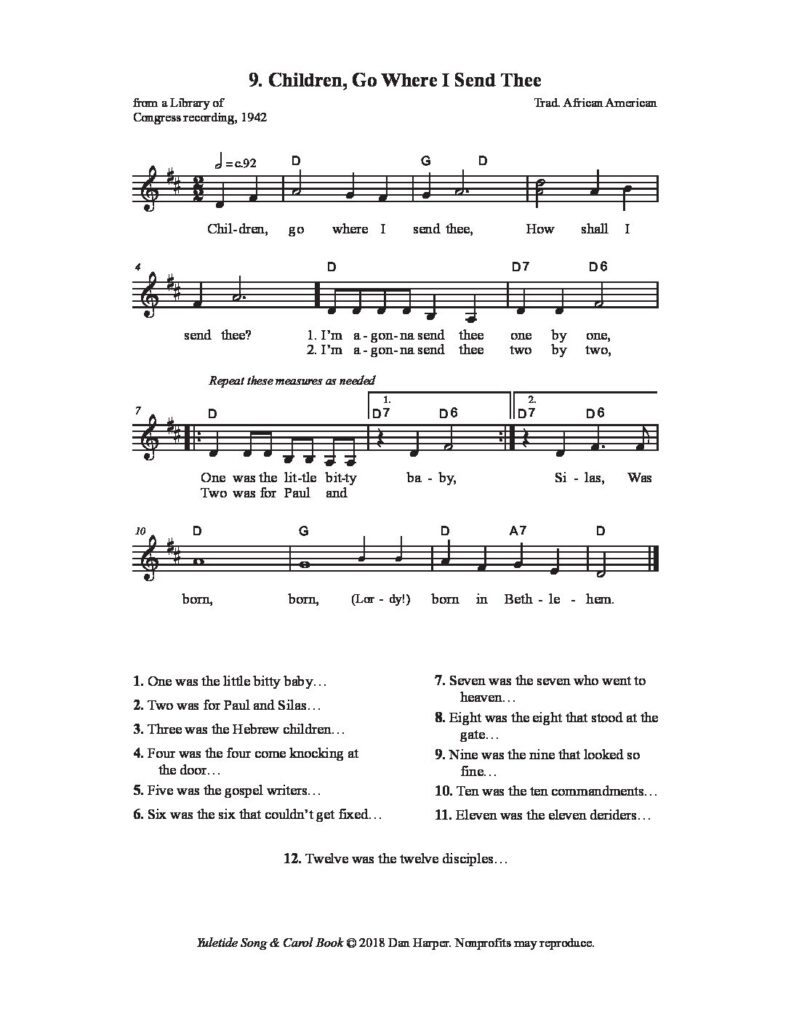Part Five of a history I’m writing, telling the story of Unitarians in Palo Alto from the founding of the town in 1891 up to the dissolution of the old Unitarian Church of Palo Alto in 1934. If you want the footnotes, you’ll have to wait until the print version of this history comes out in the spring of 2022.
Part One — Part Two — Part Three — Part Four
A Fresh Start, 1921-1925
In November, 1921, Elmo Arnold Robinson, known as “Robbie,” arrived at the Unitarian Church of Palo Alto with his wife Olga and sons Kelsey, who was 9 months old, and Arnold, almost 5 years old. Robbie, ordained as a Universalist minister, had lots of experience in small congregations, plus he had just finished a two-year stint as the Director of Religious Education at a church in southern California. Olga was also licensed as a Universalist minister, although her time was taken up with her small children. It’s hard to imagine that the Unitarian Church of Palo Alto could have found a better match for their needs.
Not much happened in Robinson’s first year, except that Sunday school enrollment dropped still further. Emma Rendtorff had been the superintendent of the Sunday school in the 1920-1921 school year, and Sunday school enrollment crept back up to 31 children, but that was Emma’s last year as superintendent; her daughter Gertrude entered Stanford University in the fall of 1921, so Emma was no longer quite so invested in the Sunday school. In 1921-1922, Elmo Robinson’s first year, the church went through three Sunday school superintendents: Jessie Morton, who was William H. Carruth’s mother-in-law; William Ewert, a student at Stanford University; and Frank Gonzales, another Stanford student who served the longest of the three. With all that turnover, it’s not surprising that enrollment in the Sunday school dropped to 20, probably the lowest enrollment since 1908.
But Elmo Robinson had already turned his thoughts to religious education. In the summer of 1922, his essay “The Place of the Child in the Religious Education Community” was published in the Pacific Unitarian. This essay outlined a progressive philosophy of religious education that was tied to social reform:
“Every religious community believes that the future can be made better than the present. Every church, while cherishing certain ideals and methods of the past, must fire its young people with a vision of the future which will encourage them to devise new ways and means to realize it. Do you want world peace? World justice? The cooperative commonwealth?… All these things can be accomplished only by admitting children and young people to the full fellowship of the religious community as friends….”
Presumably, this essay repeated what had already been going on in the Palo Alto church. Bertha Chapman Cady was one of the teachers in the Sunday school in 1921-1922, and she involved the children in helping to run the class; one of her daughters, for example, became the class secretary. Children were becoming fully involved into the religious community of the church. The lay leaders seem to have found his vision a compelling one. The next school year, 1922-1923, the charismatic William Carruth agreed to be the superintendent of the Sunday school, and enrollment immediately shot up to 33 children.
Continue reading “Unitarians in Palo Alto, 1921-1925”


